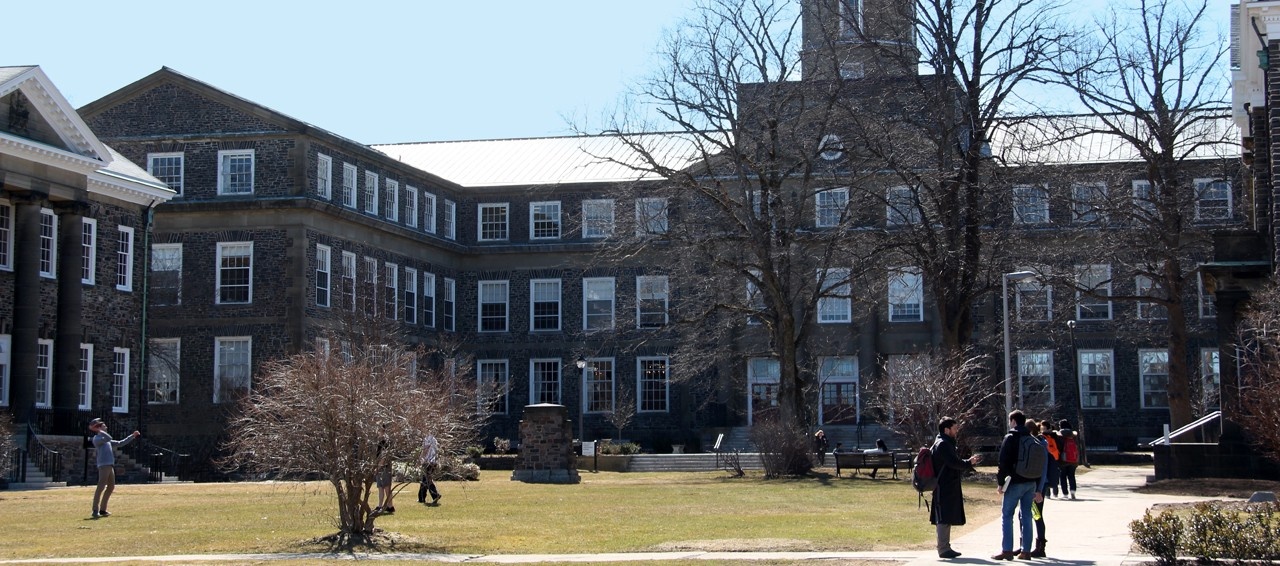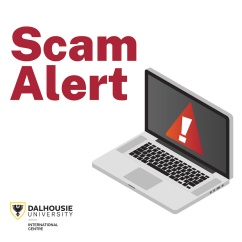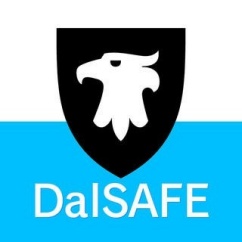Protect Yourself From Scams
International students are often targeted for scams and fraud, particularly around immigration, housing, tuition, employment, and taxes. It’s important to be informed about scams and fraud to protect yourself and your fellow students when you arrive to study.
What are scams and fraud?
Scams and fraud are unfair or unlawful deceptions that aim to take money or other goods from an unsuspecting person.
Examples can include:
- Scammers impersonating government agents by phone
- Scammers threatening students by telling them they will lose their immigration status if they don't send money
- Emails promising lower tuition fees
- Fraudulent employment scams
- Housing and rental listings that ask for deposits upfront.
Information & Resources:
Learning about different types of scams and fraud before arriving in Canada can help ensure your safety and security. The government has many online resources that outline different types of fraud, provide updates on current scam alerts, and list ways in which you can protect yourself. Review the following websites to make sure you’re informed and up-to-date:
- Canadian Anti-Fraud Centre: Website that provides information about different types of scams, how to report a scam, and more.
- CRA Scam Alerts: List of latest scam alerts provided by the Canada Revenue Agency.
- Slam the scam – Protect yourself against fraud: Government website that provides information on how to recognize scams, report scams, and protect yourself from fraud.
- The Little Black Book of Scams: Government document that contains information about various types of scams and fraud (available in multiple languages).
What to do if you encounter, or are the victim of, scams or fraud:
Scams and fraud can happen to anyone, no matter how careful you are. Reporting a scam will not only help yourself, it can also help your fellow students avoid potential harm.
If you think you’ve been the victim of scams or fraud, you should contact the local police:
- For emergencies, dial 911
- Halifax Regional Police: Halifax.ca/police or 902.490.5020 (non-emergency phone number)
- Truro Police Service: Truro.ca/police-service or 902.895.5351 (non-emergency phone number)
If you suspect someone is trying to scam you, or you’ve witnessed someone else who may be a victim of scams or fraud, you also can contact the following:
- Canadian Anti-Fraud Centre: Report a Fraud website
- Dalhousie Security Services: dal.ca/security or 902.494.6400 (Halifax) | 902.893.4190 (Truro)
- Dalhousie International Centre: dal.ca/international or 902.494.1566



